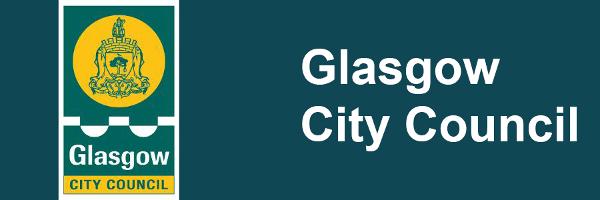Hate Crime
Hate crime is any crime motivated by prejudice against someone because of their actual or perceived:
- race, nationality, skin colour or ethnicity
- sexual orientation (refers to the gender or genders a person is attracted to)
- disability (including physical disability, learning disability, mental health difficulty and sensory impairment)
- religion (including sectarianism, anti-Semitism, Islamophobia and other forms of religious prejudice)
- transgender identity (refers to a person's gender identity, or expression, that differs from gender assumptions made about them at the time of their birth)
While we recognise that Glasgow is a welcoming city and that the decency and tolerance of the overwhelming majority of citizens will ensure that this continues to be the case, we also recognise that some residents experience harassment and abuse motivated by prejudice.
Along with our partners, we work to increase awareness of hate crime, prevent hate crime from happening, encourage reporting when it does happen and, ultimately, put a stop to it.
We take a zero tolerance approach to Hate Crime and are committed to ensuring that all of Glasgow's residents are equally able to live, work and study without fear of being targeted due to an aspect of their identity.
Our dedicated Hate Crime website provides more information on what kind of crimes are hate crimes and what you can do about it.
What to do if you are the victim or witness to a hate crime
If you experience or witness an incident that you perceive to be motivated by prejudice, we strongly encourage you to report it to the police. No matter how trivial or unimportant you may think it is, the police will take your complaint seriously and will record and investigate incidents when you choose to report.
You can report a non-emergency incident to the police by calling 101, through an online hate crime reporting form or through a Third party reporting site.
When reporting through the online form or a Third Party Reporting Site, you can give as little or as much information about yourself as you want to, so reports can be submitted anonymously if you prefer.
You can find out what Police Scotland have to say about hate crime by visiting the Police Scotland website.
Remember - Always contact 999 in an emergency.
What is Third Party Reporting?
Many people, for various reasons, are reluctant to report crime directly to the police. For hate crime victims and witnesses, there are often additional barriers to reporting. Third Party Reporting has been put in place to help victims and witnesses of hate crime overcome these barriers. You can report a hate crime without contacting the police in person, through a Third Party Reporting Centre. Third Party Reporting Centres are safe and supportive places where you can discuss an incident or concern. If you want to report an incident to the police, the Third Party Reporting Centre can do this on your behalf. The police act on this as if they had received the report directly from you.
You can find out more about Third Party Reporting on our Report It page
What happens next?
The police will record the incident that you have reported and then carry out an initial investigation to determine whether the incident falls under the legal definition of a crime or breaches any statutes. If it does, it will then be recorded as a crime. The police will then carry out a crime investigation. This will involve interviewing victims, witnesses and suspects, looking at other sources of evidence such as CCTV footage or forensic evidence. If they believe they have enough evidence to support a prosecution they submit a report to the local Procurator Fiscal.
The Procurator Fiscal (PF or Fiscal) works for the Crown Office and Procurator Fiscal Service (COPFS), which is the body responsible for prosecuting crime in Scotland. The Procurator Fiscal (PF) considers the police report and decides if there is sufficient evidence to proceed. If there is, the Procurator Fiscal will then decide what, if any, action it is appropriate to take. Actions range from prosecution in court, direct measures such as warnings, fiscal fines, compensation offers and social work diversion. The Procurator Fiscal can also decide to take no action. When this happens, the victim can ask for an explanation of the decision.
If court proceedings are appropriate, the Procurator Fiscal will decide which court these should be taken in. This decision will depend on the nature of the offence, the sentencing powers of the respective courts and whether the accused has a criminal record.




